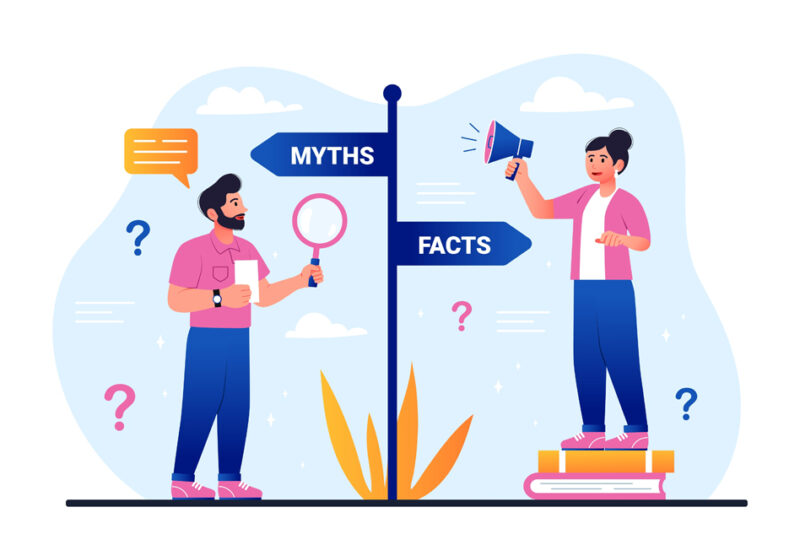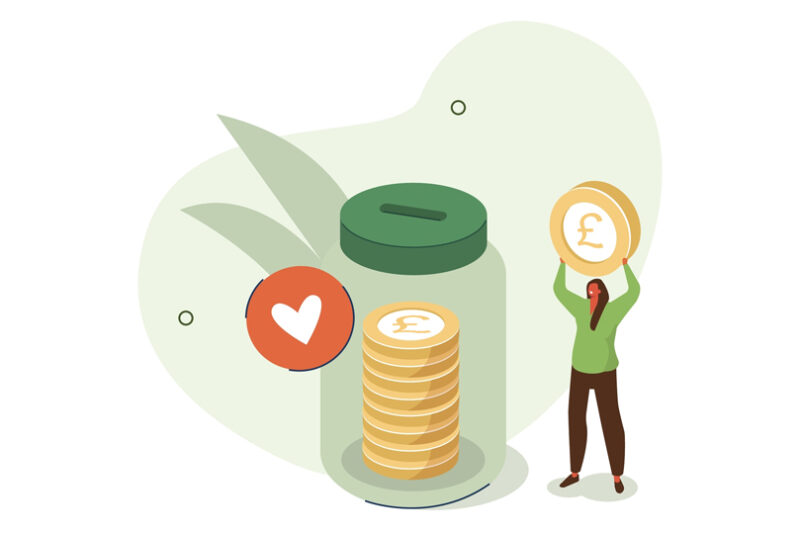Non-profits rely on Constituent Relationship Management (CRM) to effectively engage with stakeholders interested in their activities.
But many organisations need more visibility into their relationships because their data is fragmented across spreadsheets, emails and legacy CRM software.
Digitally mature charities experience a 28% higher likelihood of fundraising growth, as research from Lloyds Bank revealed. Modern CRM systems offer a solution for building sustainable revenue streams.
When donor data is stored across multiple sources, accessing information becomes challenging, leading to delays and reduced productivity for staff and volunteers.
Disconnected data also limits an organisation’s understanding and engagement with its audiences. To address increased service demands, rising costs and revenue needs, charities must seek new solutions for improved outcomes with greater efficiency.
Unlock Donor Insights with Efficient Technology.
The cost of upgrading technology often poses a challenge to modernisation efforts. However, it’s important to consider the drawbacks of outdated applications and inefficient processes.
What if your current systems fail to provide valuable insights from donor data?
This limits informed decision-making regarding projected revenues, targeted fundraising campaigns, and day-to-day operations. Extracting information from these systems can prove time-consuming and resource-intensive.
Managing relationships with hundreds or thousands of donors using spreadsheets or multiple data versions is overwhelming. This is where an effective CRM system becomes invaluable.
Modern CRM systems store supporter data in the cloud, enabling remote access. Productivity can be significantly enhanced by eliminating duplicated efforts and streamlining information retrieval.
Enhancing Charity CRM with Integration.
Integrating CRM with other essential systems can provide a comprehensive view of each supporter.
These integrations often include:
- Native or prebuilt integrations with marketing automation services like Mailchimp.
- Accounting software such as Xero or Sage.
- Payment gateways like Stripe.
- Online fundraising platforms such as JustGiving.
- Event ticketing sites like Eventbrite.
- Survey tools, including Microsoft Forms or SurveyMonkey.
Connected data serves as the foundation for this integration. As you embrace a data-driven approach, CRM facilitates this cultural shift by connecting data sources to monitor supporter interactions across all touchpoints.
Using CRM Data to Engage Donors.
An effective CRM solution will provide on-demand supporter insights across:
- Donation patterns, including frequency and average values
- Donor engagement, including email interactions, events attended, and enquiries received
- Donor interests
- Gift Aid declarations
- Lapsed donors
- Supporter pledges
- Legacy gifts
- Forecasted revenue
Organisations can then set strategies to nurture supporter relationships using CRM reporting and visualisations.
Access to complete and trusted data is crucial for engagement and fundraising teams striving to build sustainable revenue streams.
A modern, integrated CRM provides the structure and data to achieve this. It allows you to segment supporters and quickly execute campaigns to ensure donors receive personalised and relevant content.
Using CRM for Donor Engagement.
Here are just a few ways charity CRM data strengthen donor engagement.
- Personalised Appreciation: CRM tracks important donor dates, allowing timely messages to celebrate milestones or anniversaries and fostering a personal connection.
- Donor Insights: Use interactive visualisations to explore data, uncovering valuable insights about your supporter base. Understand high-value donors’ demographics, interests, and regions to tailor your messaging and fundraising campaigns effectively.
- Re-Engage Lapsed Donors: CRM provides visibility into dormant donors, enabling re-engagement campaigns and understanding reasons for inactivity. Analyse lapsed donor data for recurring factors to detect potential at-risk relationships.
- Segmentation: CRM data facilitates donor segmentation, enabling personalised communications based on donation frequency, value, demographics, and engagement metrics.
- Strategic Donor Asks: Use data segmentation to target messages that align with their donor interests to inspire action – for instance, introducing new fundraising initiatives or requesting their commitment to monthly donations or legacy gifts.
- Gathering Feedback: Conduct surveys to gather donor feedback and ideas. Capture survey responses in CRM to enrich donor profiles, enhancing future communication strategies.
Harnessing CRM data empowers charities to foster donor engagement, tailor messaging, and drive positive outcomes.
Discover More.
Donor data should shape your fundraising decisions. Experience how modern charity CRM systems, like Dynamics 365, with our charity accelerator to gain deeper insights into your supporter relationships. ANS will help you develop data-driven strategies for effective donor engagement that boost your boosting fundraising efforts. Contact us today to take the next step towards increase engagement and impactful fundraising using CRM data.





